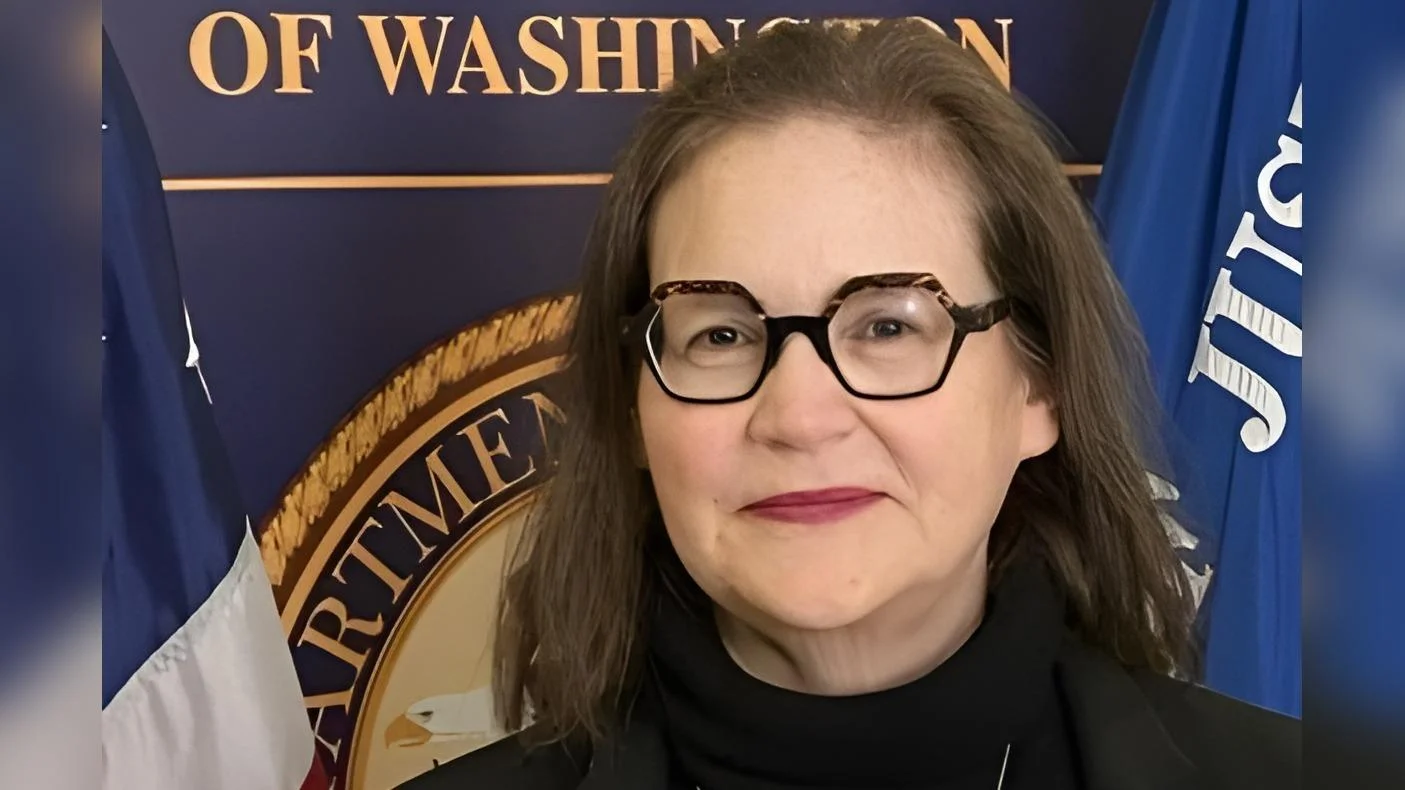The U.S. District Court for the Western District of Washington has ended federal oversight of the Seattle Police Department (SPD), returning full control to the City of Seattle. This marks the completion of a 13-year consent decree that focused on reforming police practices related to use of force, crisis intervention, stops and detentions, supervision, and accountability.
Assistant Attorney General Harmeet K. Dhillon of the Justice Department’s Civil Rights Division stated, “We congratulate the Seattle Police Department on its achievement of sustained substantial compliance with this consent decree. We are proud to stand by the men and women of the Seattle Police Department as federal oversight ends and the court returns full control of local law enforcement to the city.”
Acting U.S. Attorney Teal Luthy Miller for the Western District of Washington commented on the department's efforts: “The Seattle Police Department has worked over many years to develop and implement policies and procedures that have transformed the department into an example for other police forces. Multiple Police Chiefs, city leaders, community stakeholders, and U.S. Attorneys have supported that effort. I commend the hard work that has led to the end of the consent decree.”
The Justice Department began investigating SPD in 2011 under federal laws including the Violent Crime Control and Law Enforcement Act of 1994 and the Omnibus Crime Control and Safe Streets Act of 1968. The investigation found a pattern or practice by SPD officers involving unnecessary or excessive force that violated constitutional rights. In response, a consent decree was established in 2012 between federal authorities and Seattle officials to address these issues.
By 2023, most requirements under this agreement had been met, leading both parties to request termination of those conditions from court oversight. Continued collaboration allowed completion of all remaining obligations before today’s final dismissal.





